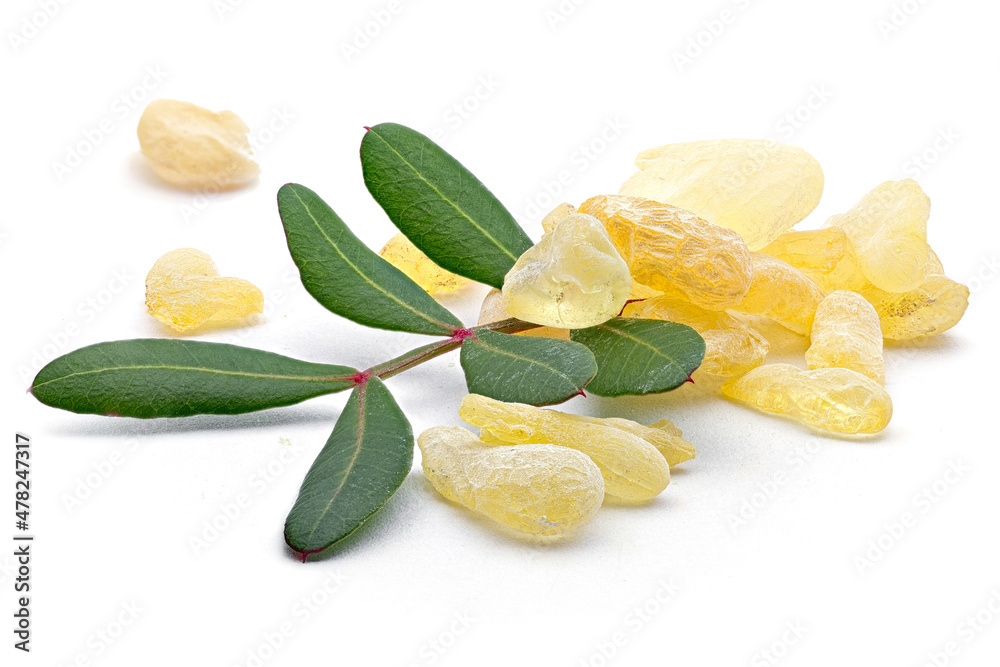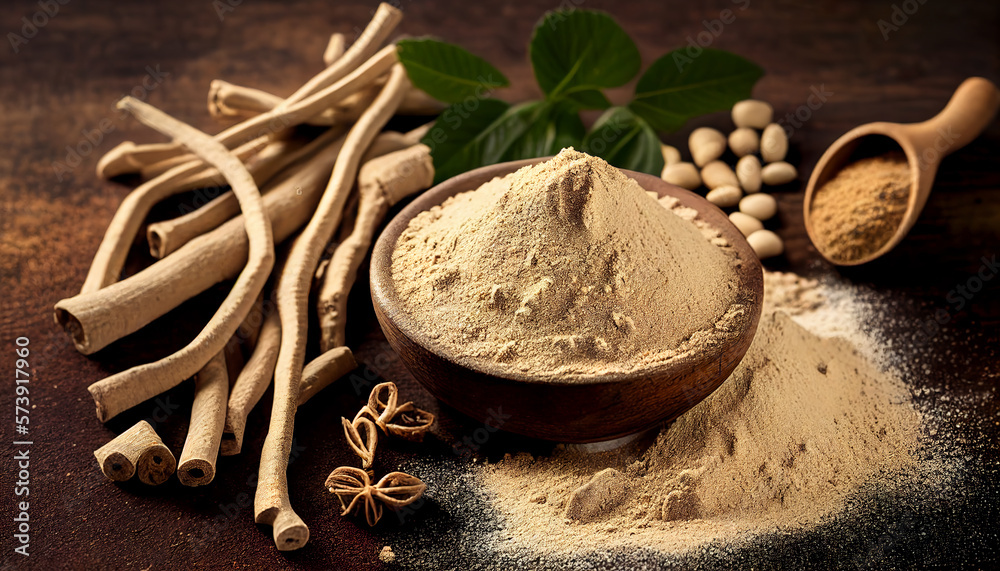Mastic Gum
$20.00
Mastic gum, also known simply as mastic, is a resin obtained from the mastic tree.
Description
Mastic gum, also known simply as mastic, is a resin obtained from the mastic tree, scientifically known as Pistacia lentiscus. This tree is native to the Mediterranean region and has been cultivated for centuries for its resin. Mastic gum has a long history of use for various purposes, including culinary, medicinal, and industrial applications. Here are some key aspects of mastic gum:
- Culinary Use: Mastic gum is used in various Mediterranean and Middle Eastern cuisines. It has a unique flavor described as a combination of pine and citrus. It’s often used to flavor desserts, beverages, and savory dishes. In Greek cuisine, it’s a key ingredient in the production of traditional sweets like mastic-flavored ice cream and Turkish delight.
- Medicinal Use: Mastic gum has been used in traditional medicine for its potential health benefits. It is claimed to have digestive and anti-inflammatory properties. It has been used to treat conditions such as stomach ulcers, indigestion, and heartburn. Some studies suggest that mastic gum may have antimicrobial properties, making it useful for oral health.
- Chewing Gum: Mastic gum has also been used as a natural chewing gum for centuries. In some cultures, people chew mastic resin as a breath freshener and to aid in digestion. It’s an all-natural alternative to synthetic chewing gum.
- Natural Resin: Mastic gum is harvested by making small cuts in the bark of the mastic tree. The resin oozes out and hardens into small, translucent tears or droplets. These resin tears are then collected, cleaned, and often sold as mastic gum.
- Aromatherapy: The essential oil of mastic is sometimes used in aromatherapy for its calming and soothing effects.
- Cosmetics and Perfumes: Mastic gum is used in some cosmetic and skincare products for its potential skincare benefits. It is also used as a fixative in perfumes.
- Gum Arabic Substitute: Mastic gum has been used historically as a substitute for gum arabic, another type of plant resin. Gum arabic is used in various food and industrial applications.
- Potential Health Benefits: Some studies have suggested that mastic gum may have anti-inflammatory, antioxidant, and antibacterial properties. However, more research is needed to fully understand its potential health benefits and mechanisms of action.
It’s important to note that while mastic gum has a long history of use, its medicinal properties and benefits are still an area of ongoing scientific research. If you’re considering using mastic gum for specific health concerns, it’s advisable to consult with a healthcare professional for guidance and to ensure it’s safe and appropriate for your needs. Additionally, quality and purity can vary among mastic gum products, so it’s essential to choose a reputable source.



Reviews
There are no reviews yet.